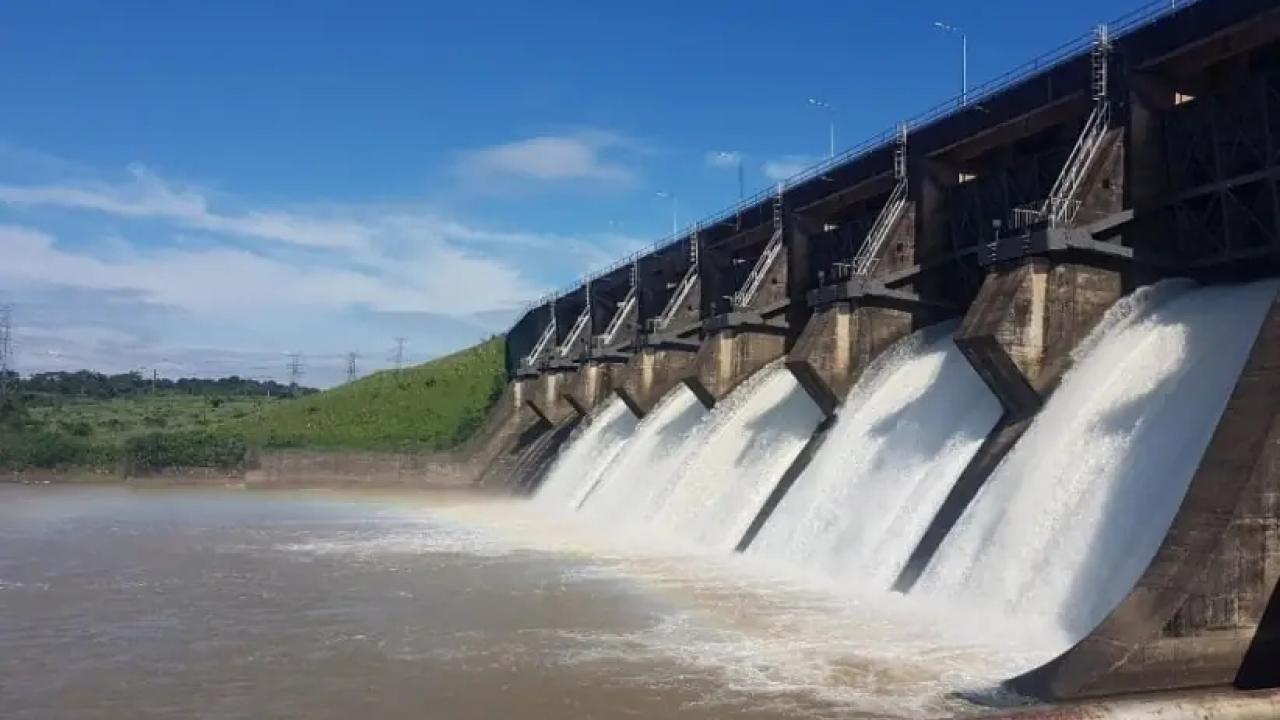
Despite being a strategy designed to generate additional income, the prices offered by Brazilian marketing agents are causing concern, as they are lower than the cost of replacing the energy.
The beginning of 2025 brings with it a series of pending challenges for the Paraguayan government headed by Santiago Peña in energy matters. Among the most urgent issues is the definition of the sale of energy generated by the Acaray Hydroelectric Power Plant to the free market in Brazil.
Despite being a strategy designed to generate additional income, the prices offered by Brazilian trading agents are causing concern, as they are lower than the replacement cost of the energy, which could result in economic losses for Paraguay if the sale is completed. Engineers in the sector have warned that accepting these conditions could be detrimental to national interests.
For its part, ANDE maintains that this strategy is necessary to have the experience of selling to this market, considering that according to the "Understanding between Paraguay and Brazil on directives related to the energy of Itaipú Binacional", it is established that in the revision of Annex C of the Itaipú Treaty, the Paraguayan part of the energy not consumed by Paraguay may be freely sold to the Brazilian market by Paraguay.
ANNEX C POSTPONED
Added to this scenario is the postponement of the negotiation of Annex C of the Itaipú Treaty, which regulates the financial and tariff aspects of the binational hydroelectric plant.
The governments of Paraguay and Brazil agreed that talks will continue through 2025, although a new deadline for reaching a final agreement has not been made public.
The secrecy with which these negotiations with Brazil are being handled has sparked criticism, given the strategic importance of this agreement for both nations.
ADDITIONAL RESOURCES
Another aspect that raises doubts is the distribution of the additional resources obtained through the negotiation of the Itaipu tariff, which was set at US$ 19.28 kW-month for three years (2024, 2025 and 2026). So far, the Paraguayan government has not reported how much of that amount will be allocated to strengthening the electricity sector, especially for investments in infrastructure.
This gap fuels uncertainty at a time when the electrical system is facing great pressures due to increased demand and deficiencies in its network. In the midst of this panorama, ANDE announced an unprecedented measure
precedents: the issuance of bonds without sovereign guarantee, with the aim of raising funds to finance projects
infrastructure, mainly to combat electricity losses, according to the president of the state-owned company, Eng. Félix Sosa.
This decision, although ambitious, presents a considerable risk for the institution, since it depends on its ability to convince investors of the return on its bet.
Electrical losses are a historical problem for ANDE, since they represent a high percentage of the energy generated that is not billed.
A DECISIVE YEAR ON PENDING ISSUES
2025 is shaping up to be a decisive year for the Paraguayan energy sector, with decisions that could define the course of the country in the coming decades. Citizen expectations are high, demanding clear answers and concrete actions that translate energy resources into tangible benefits for the entire population.
Faced with complex challenges and growing expectations, Paraguay has the opportunity to consolidate itself as a key player in the regional energy scene.









